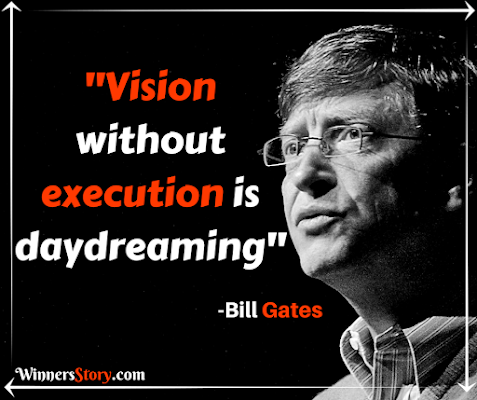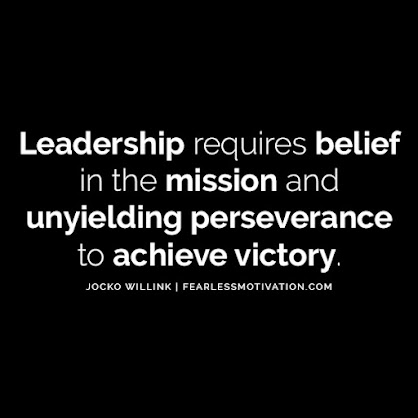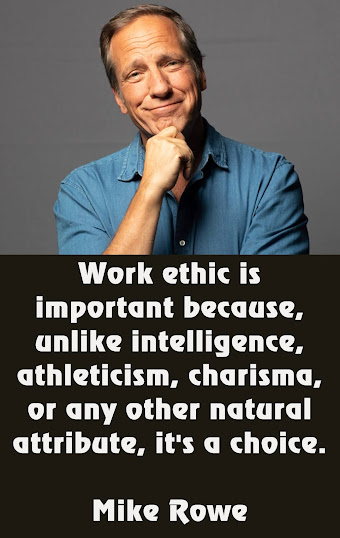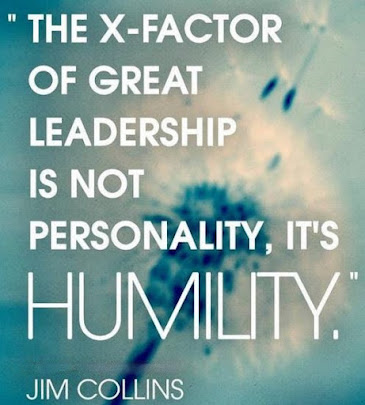Availability is the next quality that Brady and Woodward include in the Trilateral Leadership Ledger's factor of Tasks.
The Merriam-Webster Online Dictionary defines Availability as: an available person or thing
The Merriam-Webster Online Dictionary defines Available as: present and able or willing to talk to someone
More and more availability is being recognized as an essential leadership practice. This goes beyond the traditional 'open door policy'! What good is an open door if no one is there? Effective leaders MUST be available to their teams and individual members. If they are not, it can breed dissent, confusion, insecurity, apathy, and the list goes on.
Think back. Most of us can cite an example in our past where the 'leader' was fiercely guarded by the battle axe administrative assistant (who in most cases turned out to be a very nice person) and access requires as appointment, often weeks in advance. That just does not work. The effective leader is out and about getting a sense for what is happening and chatting with people on a regular basis. If people are used to seeing you and are used to talking to you, it becomes less awkward to problem solve when issues are small. A lack of availability can make a very small issue turn into a huge problem.
Business has been using this successfully for decades.
The management by wandering around (MBWA), also management by walking around, refers to a style of business management [leadership] which involves managers [leaders] wandering around, in an unstructured manner,
through the workplace(s), at random, to check with employees, equipment,
or on the status of ongoing work. The emphasis is on the word wandering
as an unplanned movement within a workplace, rather than a plan where
employees expect a visit from managers at more systematic, pre-approved
or scheduled times.
The expected benefit is that a manager, by random sampling
of events or employee discussions, is more likely to facilitate
improvements to the morale, sense of organizational purpose,
productivity and total quality management of the organization, as compared to remaining in a specific office area and waiting for employees, or the delivery of status reports, to arrive there, as events warrant in the workplace.
[Copied from Wikipedia]
Much of this ties into building relationships, which I will discuss in future posts.
Effective leaders must make a conscious effort to be available. People have to know that you are there, you are available, you care, and you will make the time for each and every one of them!
Chris Brady & Orrin Woodward: "Launching a Leadership Revolution." Business Plus. New York. p.97


























